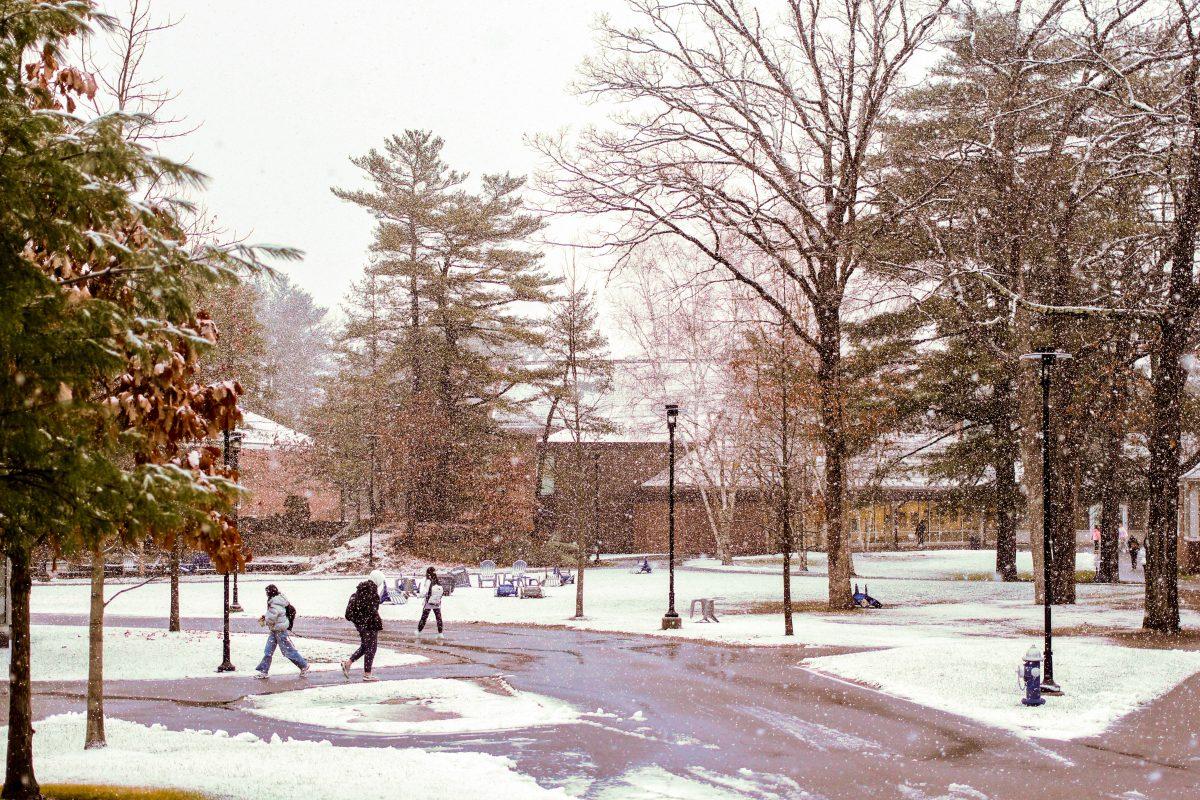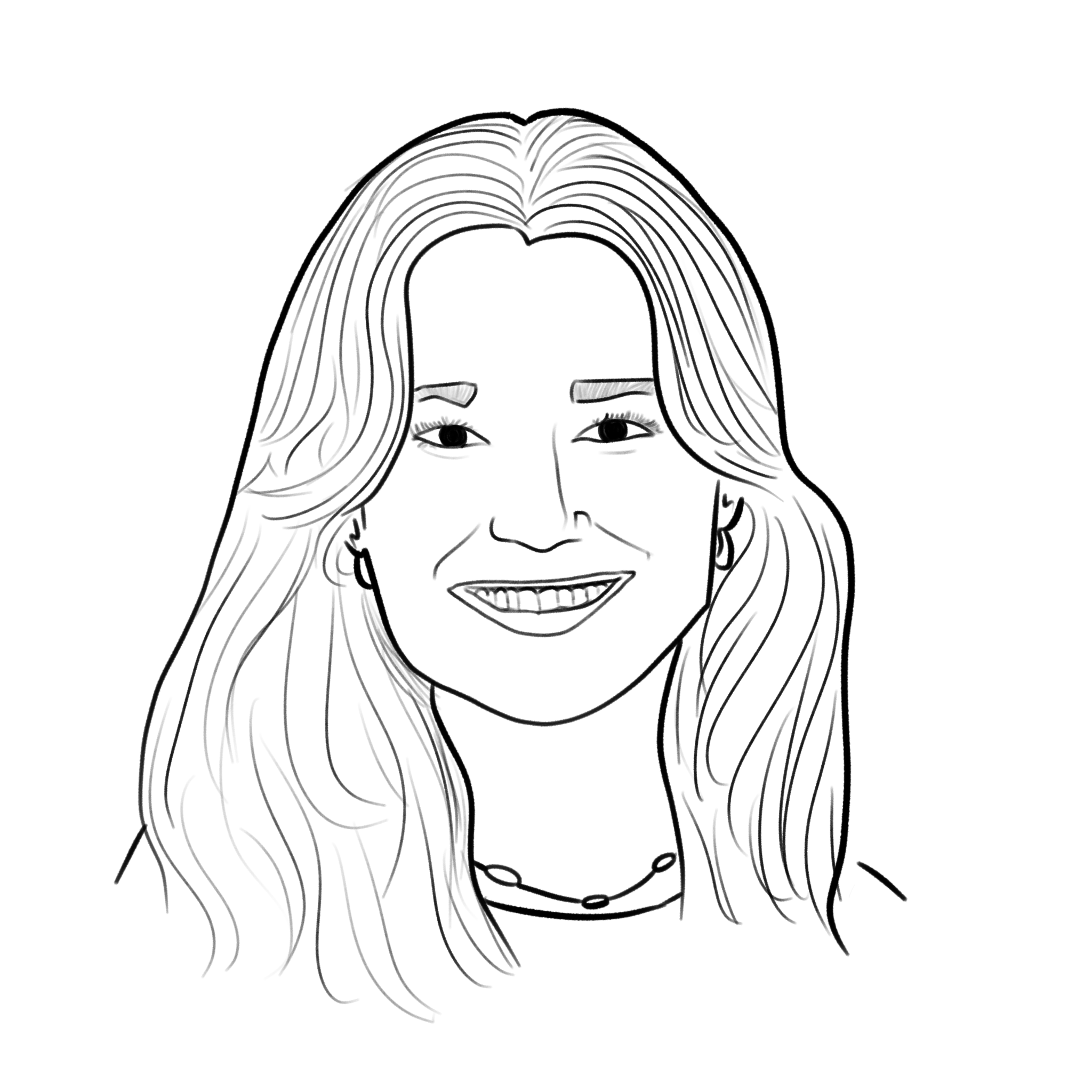
To most Nobles community members, wintertime evokes feelings of unproductivity. As we approach the colder, darker winter months, it is important to reflect on students’ past mental health challenges to provide better communal resources and guidance. Students and faculty voiced their opinions to The Nobleman on how to achieve a healthy winter work-life balance. Of the topics discussed, prioritizing one’s tasks emerged as a common theme.
As temperatures drop to a chilly 31°F and daylight dwindles, many students find it difficult to collaborate, as their growing independence shifts their focus toward individual work.
Nobles students and teachers have said that, as a result, the past winter seasons at Nobles have felt gloomy.
Psychology and Counseling Faculty Jennifer Hamilton and Hannah Puckett emphasize that winter wellness is complex and highlight the importance of prioritizing mental health during the darker, colder months. Additionally, Hamilton highlights the importance of students getting enough sleep to actively participate in class and engage with their class material thoughtfully and efficiently. “It may seem to Nobles students that it is impossible to get enough rest, but I’ve seen many students make the decision to prioritize sleep and they have found that they are more efficient with their work, have better coping skills, and generally do better in all of their endeavors. So, I would intentionally prioritize sleep because all human beings need downtime, as it is a necessity, not a luxury,” Hamilton said.
 (Photo Credit: Harrison Abber)
(Photo Credit: Harrison Abber) Regarding winter wellness, Puckett emphasizes the importance of self-compassion and connection. “Although I realize that goes up against what people are telling you regarding productivity, I would try to lean into the evolutionary and biological urge to rest instead of pathologizing ourselves and asking what’s wrong with us,” Puckett said. By ensuring that each community member’s personal needs are met, Puckett believes the next step is connecting with others. Spending more time in affinity spaces, clubs, afternoon programs, the Learning Center, getting outside in the sun, and practicing mindfulness can help improve one’s mental health and build stronger connections within the Nobles community. “I think reaching out for help, either to counselors, teachers, or advisors, and not seeing your inability to get something done as a weakness, but rather as a challenge because we’re all secretly struggling,” Puckett said.
As an algebra, statistics, and calculus teacher, Edward Harvey interacts with a broad spectrum of students across different levels of math. Whether a student finds one of Harvey’s classes challenging depends on the individual, but Harvey believes that challenges are an inevitable part of learning. He emphasizes the importance of never facing those challenges alone. “I think it’s important for high school students to recognize that meeting challenges for the first time feels and is harder [and that] reaching out to teachers and faculty who have encountered many similar challenges can be helpful,” Harvey said.
“I believe that for every student, finding helpful connections and seeking advice from teachers and adults who care will help if you are ever struggling.”
When she finds herself overwhelmed by her schedule, Kate Putnam (Class III) believes prioritizing what is most important to her helps limit stress. “You don’t need to put all of your effort into everything because then you’re just going to be exhausted and have no extra energy. Prioritizing what’s most important to you and investing in those things has helped my falls, springs, and winters to feel less stressful,” Putnam said.
When asked if he had any advice for Nobles students feeling stressed, Guierry Napoleon (Class II) said, “I believe that for every student, finding helpful connections and seeking advice from teachers and adults who care will help if you are ever struggling.” Although Nobles is academically rigorous, Napoleon and Putnam feel that the teachers and faculty are dedicated to ensuring students’ support in and out of the classroom. However, some students feel differently, expressing that they haven’t always felt supported by teachers or peers and struggle to find the same sense of community and encouragement. As Nobles works to ensure every student feels valued, it is essential to mindfully reflect on our language and actions.
So, this winter, trust your classmates, friends, and teachers by relying on them for support–and remember, it is impossible to do it all.
